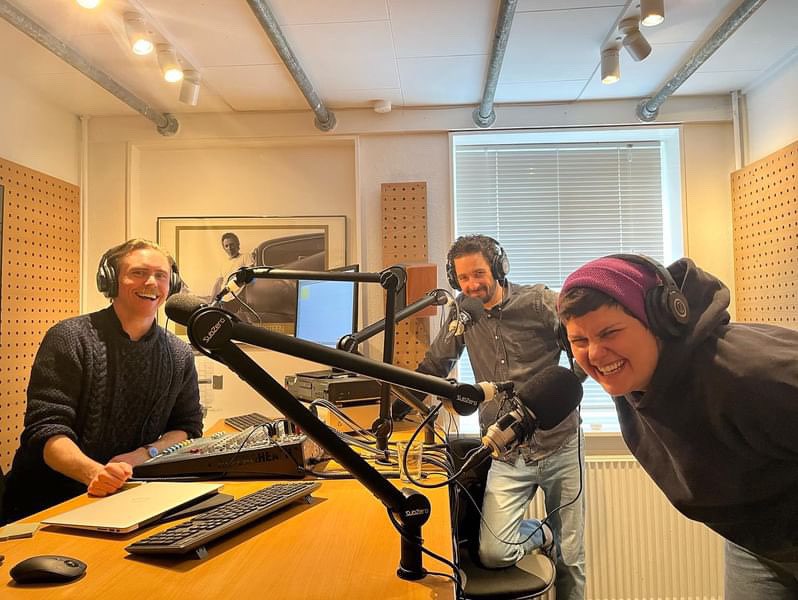The state versus Im Nielsen. This case is set to be Denmark’s litmus test on humanity. Thanks to a seven-year-old girl, a Pandora’s box is slowly opening to a dark world of inhumane and sometimes utterly bizarre immigration laws. You must have heard of Im by now. If not, check again, because you could be next.
Im is the seven-year-old Thailand-born girl who lost her Danish stepfather to cancer last year, and even before the tears of loss had dried from her eyes and grass covered her stepfather’s grave, the state wrestled her and her mother out of the country. Well-deservedly, there was a nationwide outcry and a social media outburst in support of her.
According to the Immigration Service, Im has stronger ties to Thailand, her mother’s country, than to Denmark, her stepfather’s country. Never mind that the little girl has lived half her life here, speaks nothing but Danish, was enrolled at a local school where she had friends, dreamt of her future here, and built her childhood fantasies around her Danish home. In her own words, Im said she wished to stay in Denmark where she has her grandparents, cousins, friends and a lovely school. But no, she was fighting a deportation regime and the plane was waiting, so off she was dragged.
Her parting shot as she left the country was simple: “We have to go to Thailand because my father is dead. I don’t have friends there, and I am nervous.”
In its defence, the Immigration Service stated it was just working within the law. Even the Hjørring court agreed and upheld the law. But the law is a blind ass. As soon as Im was out, focus shifted to lawmakers in parliament. The corridors of power were under siege. Politicians had to act fast and save face, and act they did. All the major parties except the usual suspects, Dansk Folkeparti, agreed to amend the law to allow spouses who lose their Danish partners a possibility to stay. This law will hopefully see the return of Im and her mother to Denmark. A proposal was also made to open a window of opportunity for victims of such situations in the last two years to apply for a consideration to return to Denmark.
But why was Im’s case so special when hundreds of individuals, including children, are sinisterly shepherded out of the country each year? The answer could lie in the context. The people of this country could relate to the grief and pain of losing a father, husband and son to cancer. Then there was the media factor. TV2 acted its part, giving a voice to the voiceless little girl, whose innocence touched hearts and minds and set social media abuzz with support. Im’s case was also hijacked for political mileage as it came during a critical electioneering period.
Yet one cannot but wonder how many Ims out there have simply been pushed out without media attention, public outcry or political fanfare. How many refugees are bundled onto a plane every week on a one-way ticket back to Afghanistan, Iraq, Somalia and Congo without a single voice of protest from the media, the public or politicians? How many young men and women, abused and broken in their marriages to Danes, are shown the door out of the country after reporting their abusers to the authorities?
Indeed, how many green card holders and deserving graduates, who having fought tooth and nail to get a job, fail because of their funny-sounding name or weird-looking skin colour, and end up getting a 14-day ultimatum to leave the country? The answer is many – the actual numbers we may never know. Yet such draconian laws are still legislated and upheld by the Ministry of (In)justice, which I propose should officially change its name to the Ministry of Disintegration and Deportation. With such punitive laws one cannot help but wonder, as Mark Twain did: suppose you were an idiot. And suppose you were a member of parliament, but I repeat myself: Im’s case should reawaken the nation’s consciousness to the reality of this deportation regime.














